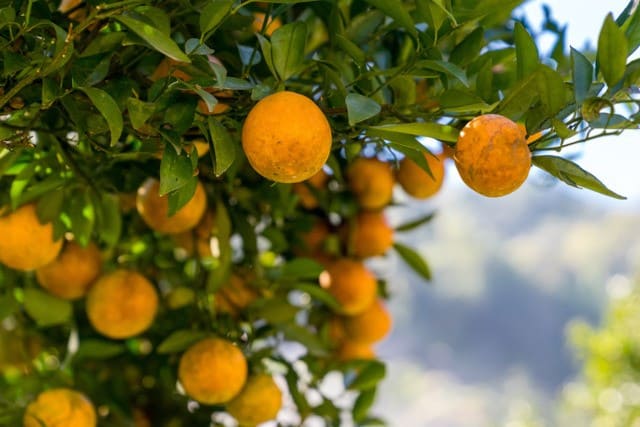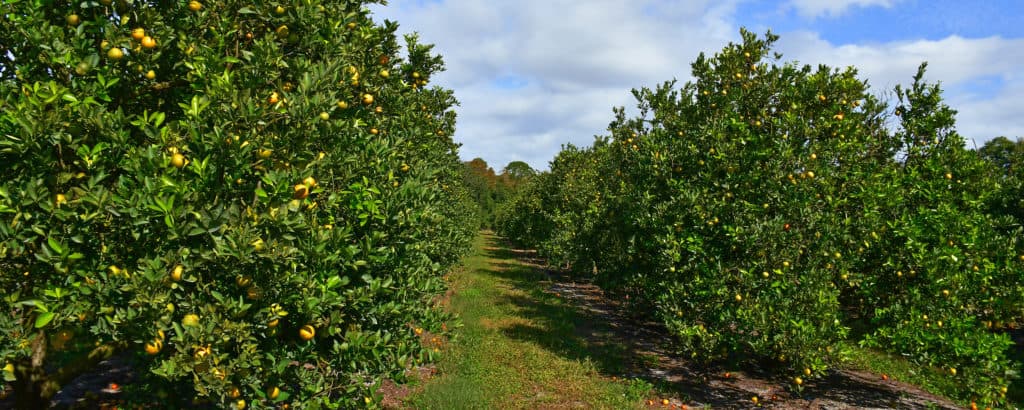April 23, 2020
By: Jim Frankowiak
They may not like the characterization, but Florida’s producers are really gamblers. Each year they take huge risks with their crops, hoping there will be farm workers available to help plant and harvest along with a market to buy their crops at prices that will enable them to progress. Labor and imports have been growing challenges while Mother Nature can be friend or foe. None of this is new. What is new and highly impactful is COVID-19.

The pandemic threatens the health of farmworkers, and it has shuttered the markets for many of Florida’s specialty crops, avocados, peppers, tomatoes, and more. COVID-19 has led to the closing of countless restaurants, schools, hotels, and other food service establishments. These crucial markets for Florida specialty crops have literally “dried up.” Florida farmers have stepped up with donations to food banks and others in need, but that does not generate revenues, and many growers are being forced to sadly plow their crops back into the ground.
The government has responded with a program to provide growers with a way to secure a temporary workforce. It’s called H-2A, but it’s a costly way for growers to ensure their labor needs will be met. The influx of foreign crops continues to have a severe impact on Florida growers. Despite ongoing efforts to have the federal government recognize how NAFTA was hurting specialty crop growers, the latest version of NAFTA — USMCA – did not provide any relief to Florida’s specialty crop growers. Now you add COVID-19, and that’s just another nail in the coffin for Florida Ag.
Most recently, the U.S. Department of Agriculture – Animal and Plant Health Inspection Service issued a notice that allows the importation of five types of commercially produced citrus from China into the U.S. That’s another kick in the pants to Florida agriculture, specifically citrus growers who have been struggling to cope with the impact of citrus greening over the past 15 years. By the way, that has resulted in a 75 percent drop in Florida citrus production thanks to an invasive species originating in China.
Florida’s Commissioner of Agriculture Nikki Fried likened this USDA action to “kicking our agriculture community while they are down” in a recent letter to USDA Secretary Sonny Perdue.
Florida’s cattle ranchers have been hit, too. An increasing number of packaging plants have closed due to COVID-19, and that number may increase. And, those plants still in operation must follow new guidelines that result in much slower production, and this is happening during a time period that typically has the highest prices.

So what’s the answer? U.S. Agriculture will continue to seek out new options to its challenges and work with the government, hopefully leading to financial aid and other programs that will enable growers and ranchers to cope and continue, but American families can help and help in a big way. Buy local and buy American! That’s a way to show appreciation to our farmers and ranchers and help them continue their operations. Remember, No Farmers – No Food!
